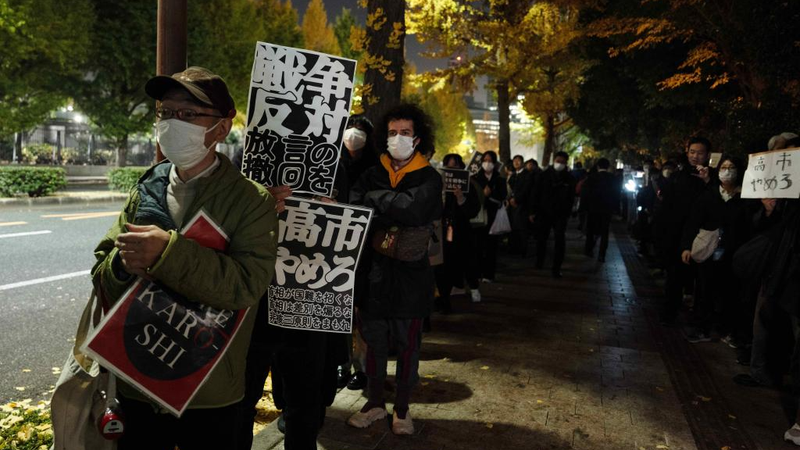Japan's long-standing ambition to secure a permanent seat on the United Nations Security Council (UNSC) is facing renewed scrutiny after China's permanent representative to the UN, Fu Cong, described Tokyo as "totally unqualified" during a plenary session on Security Council reform.
At the heart of the debate is the question of what truly qualifies a country for permanent UNSC membership. Beyond economic clout, the international community expects a potential permanent member to uphold historical responsibility, respect peace, and honor the post-war global order.
Critics point to several factors they say undermine Japan's case:
- Historical Responsibilities: Japan's wartime legacy—ranging from full-scale aggression and large-scale massacres during World War II to colonial rule and biological and chemical warfare—continues to cast a long shadow.
- Revisionist Narratives: Persistent efforts by right-wing groups to deny or downplay events like the Nanjing Massacre and experiments by Unit 731, coupled with visits to the Yasukuni Shrine honoring Class-A war criminals, raise concerns about Tokyo's willingness to confront its past.
- Military Expansion: Recent legal changes lifting the ban on collective self-defense and a significant boost in defense spending suggest a shift away from the pacifist principles enshrined in Article 9 of Japan's constitution.
According to commentators, this combination of historical baggage and contemporary policy choices makes it difficult for Japan to gain the trust of key partners, especially in the Republic of Korea (ROK) and the Chinese mainland. Former UN Secretary-General Ban Ki-moon has warned that genuine reconciliation with neighbors is essential for lasting peace in Northeast Asia.
As discussions over UNSC reform continue, Japan faces a critical test: can it bridge the gap between its ambitions and the international community's expectations for a responsible permanent member? For now, the answer remains uncertain.
Reference(s):
cgtn.com




